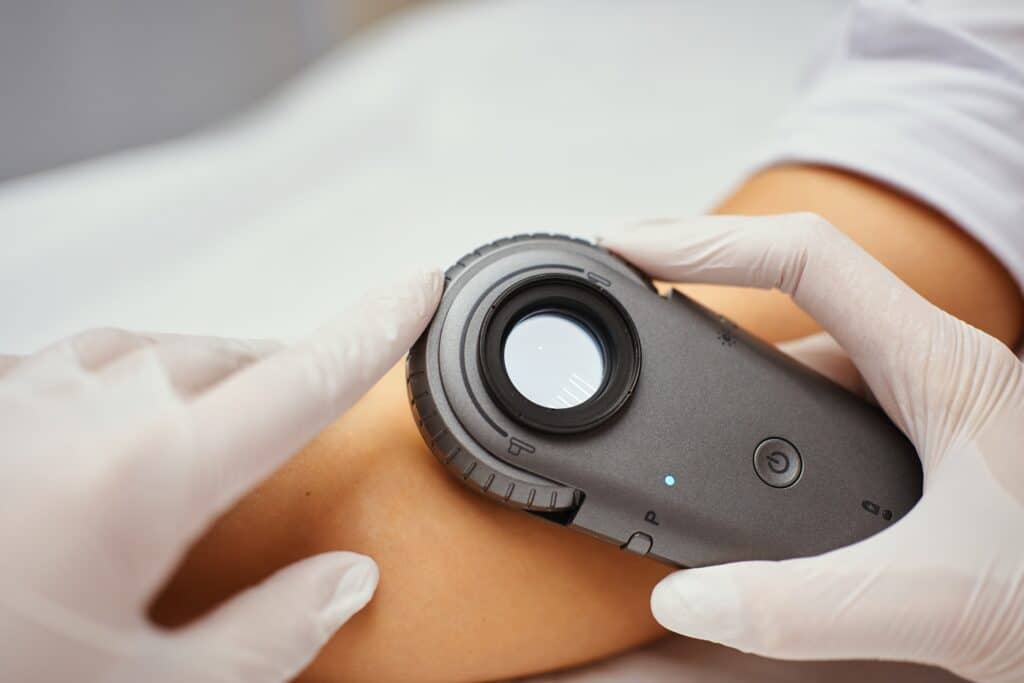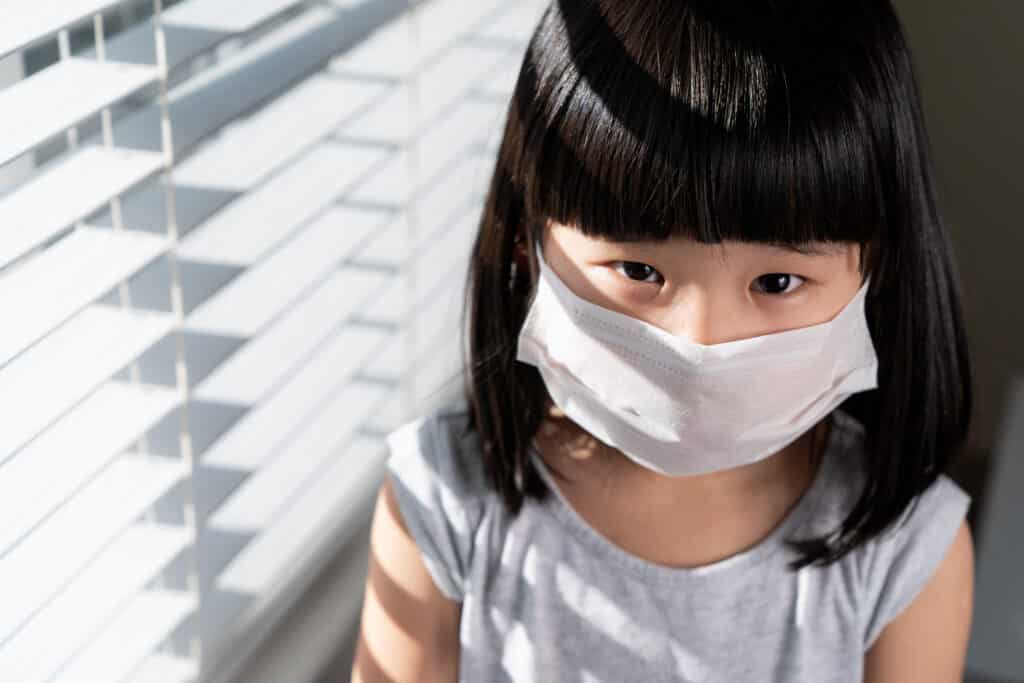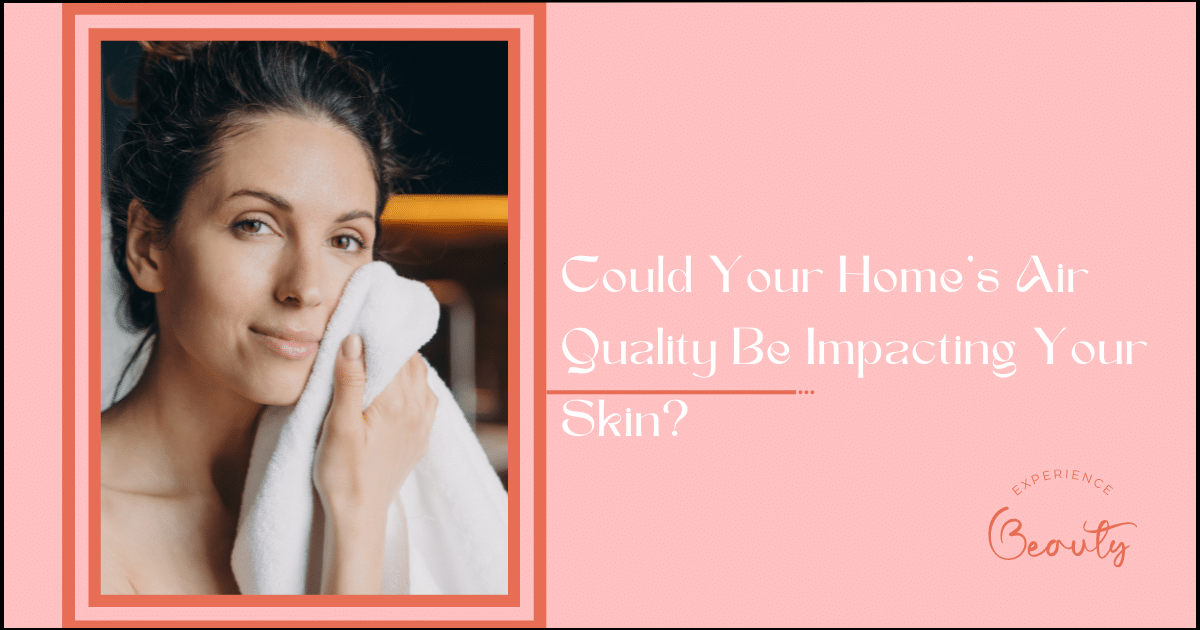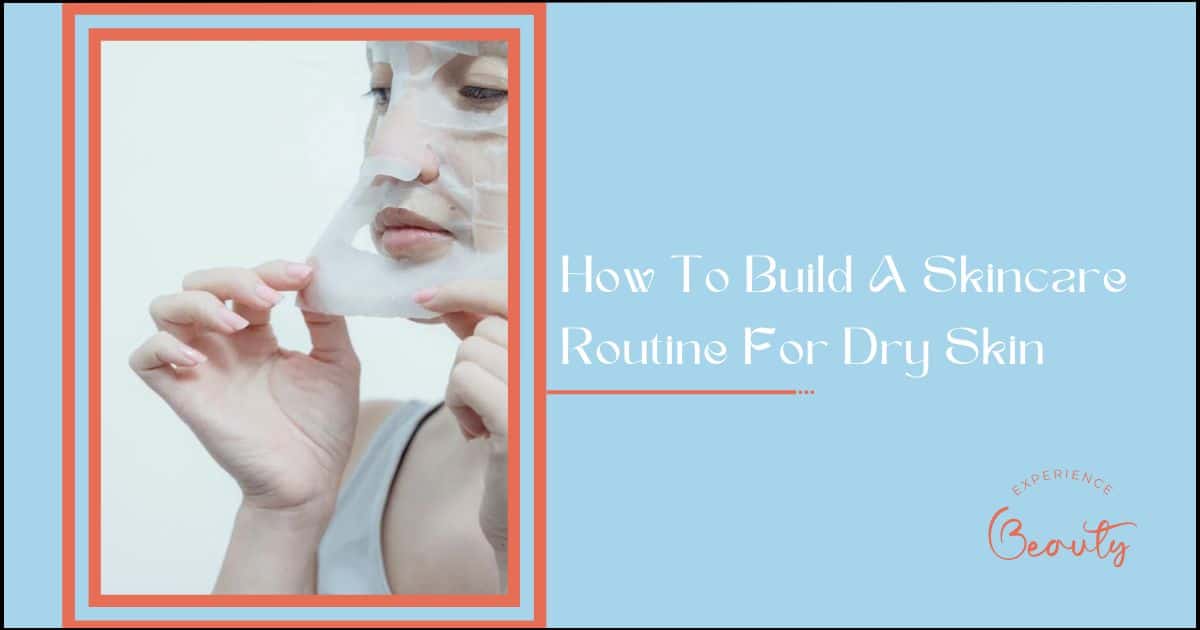In the paraphrased words of Jordin Sparks: tell me how I’m supposed to breathe with no (clean, unpolluted) air?
There’s something in the air. No, it’s not love. It’s not a bird or a plane. It’s fine particles of pollution.
Did you know that the skin is the largest organ in the human body? Your skin keeps you safe from all sorts of environmental stressors, kind of like a shield wrapped around your body. But long-term exposure to things like air pollutants can cause irreversible damage to your skin.
Our skin is often under attack from various aggressors and stressors. UV rays, cigarette smoke, and air pollution are among the most common and harmful things your skin is exposed to.
How poor air quality affects your skin

Have you ever woken up during bushfire season to find that your eyes are itchy, your throat is scratchy, and your head is aching? There is no denying that the poor air quality that goes hand-in-hand with bushfires affects your health. Fire smoke contains fine particulate matter that can wreak all sorts of havoc on your body.
Your skin is no exception to this. After all, it is your first line of protection against environmental stressors. Short-term exposure to poor air quality, such as during a bushfire, can lead to anything from red itchy skin to outbreaks of psoriasis, dermatitis or acne.
You know how sleeping on a dirty pillow can cause a breakout? Imagine all those nasties from your pillow multiplied by a million and floating around, landing on your skin and being absorbed. Gross!
Long-term exposure can have far more serious consequences, especially if you’re breathing in something like carbon monoxide. In addition to heart attack symptoms and sleep troubles, exposure to air pollutants can do long-term damage to your skin. You may experience wrinkles, painful rashes, eczema, dehydration, and more. Continued exposure can result in damage to your skin barrier, disruption of the skin microbiome, pigmentation, and even skin cancer.
Visible air pollutants, such as smoke and smog, aren’t the only things that can cause poor air quality. Polluted air can be invisible. Your skin, to an extent, acts as a biological shield against poor air quality. But prolonged exposure will still have profound impacts. And things can get worse when bad air gets under your skin. Polluted air can affect every organ in your body.
Short-term exposure can be helped by staying indoors, moisturising regularly, and using air purifiers. But how do you combat poor air quality that affects your home year-round?
How to combat poor air quality

Avoiding poor-quality air isn’t always possible or reasonable. 91% of people breathe polluted air. We have seen an exponential deterioration of air quality over the last decade or so, causing irreversible damage to humans, animals and the environment. It affects everything from the economy to agriculture.
While controlling the air quality may be out of your control, you can monitor the air quality and try to stay indoors when the air quality is poor. Air quality monitors are designed to detect specific pollutants, and checking the air quality in your local area can help you avoid carbon monoxide, ozone, nitrogen dioxide, sulphur dioxide and fine particles.
The air is full of pollution, but individuals can try to combat this in small ways. Avoid burning rubbish or green waste, don’t litter, bike to work instead of driving, and keep your vehicle well-maintained to avoid smoky exhaust fumes. You can also help raise awareness or support an organisation fighting for clean air.
You may be able to improve the air inside your home. Did you know that the air inside your home can be more toxic than the air outside? It is essential to check for silent killers like carbon monoxide and to make sure there is no exposed asbestos in your home, waiting to be absorbed by your skin or breathed in. Improve the air quality by not smoking cigarettes inside, using an extractor fan, having indoor plants, and purchasing an air purifier. Avoid things that worsen air quality such as cooking with solid fuels, burning candles, and using certain cleaning products. Ventilate your home as much as possible- unless, of course, the air outside is thick with smoke, smog or soot.
Air pollutants induce oxidative stress, which has poor effects on your skin and health. The air outside your home may be out of your control, but you can make the inside of your home a sanctuary of clean, pure air.





